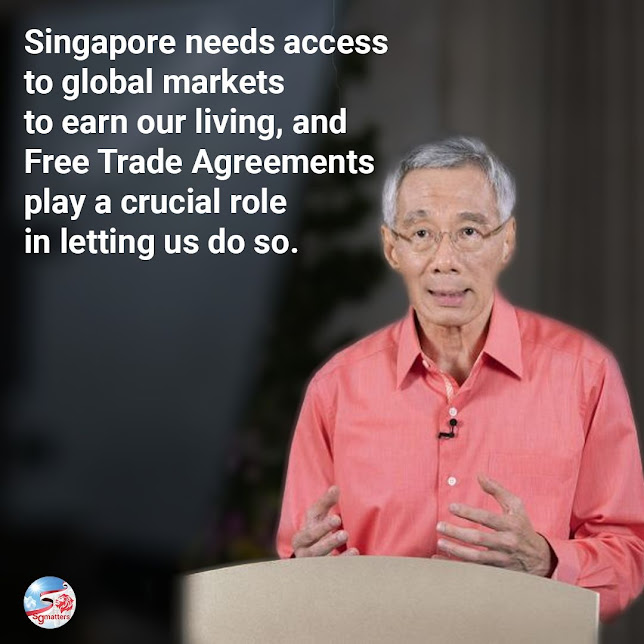Let's understand.
Mr Lim Swee Say designed the PWM because he really cares for the low wage worker. He described it as a 4-in-1 model.
He believes that low wage worker must be paid decent wages and that's the minimum. However, he did not want the minimum wage to stagnate and become the maximum wage for the worker.
He believes that workers CAN upskill and become more productive. He believes that even low wage worker CAN have career progression.
The PWM was birthed out of his convictions.
So you see, the minimum wage has been with us since 2012. It is not a universal or national minimum wage. It is a sectoral minimum. A sectoral min wage is carefully negotiated in consultation with all stakeholders. It is thus not set at an arbitrary level. It is set at a sustainable level without loss of employment.









